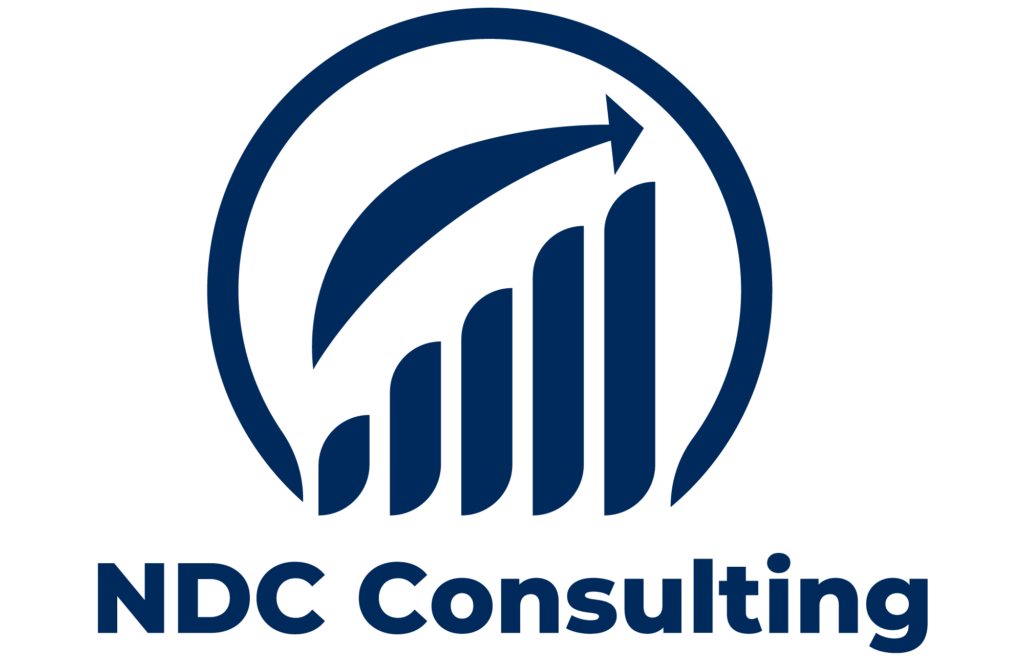
Compliance is a strategic necessity in the ever-changing healthcare industry, not just a box to be checked. Compliance-focused organizations not only protect themselves from legal dangers but also set the stage for long-term success. A key component that is essential to this accomplishment is education. It’s critical that compliance experts investigate how education may be the secret to achieving compliance success, emphasizing the value of educating internal personnel, management, and the board.
The Base: Comprehending adherence Prior to exploring the function of education, it is essential to understand the importance of compliance. Respecting applicable laws, rules, and industry standards is referred to as compliance for a certain organization. Compliance is a complex idea that necessitates close attention to detail, whether it is related to data privacy, environmental laws, or standards unique to the healthcare industry.
Empowering Leaders: The culture of an organization is shaped by the tone established by its senior leadership, and this is particularly true with regard to compliance. The complexities of compliance must be thoroughly understood by leaders, who must be aware of both the legal requirements and the wider commercial implications. Continuing education programs centered on the changing regulatory environment, as well as workshops and seminars, can be directed towards leaders.
Organizations can establish a culture in which following rules is an inherent aspect of decision-making processes by cultivating a leadership team that is conscious of compliance. Consequently, this reduces risks, improves the organization’s standing, and fosters stakeholder confidence.
Empowering the Board: An organization’s strategy, risk management, and, most importantly, compliance are all closely supervised by the governance and oversight boards of directors. Board members need to be well-prepared to carry out their oversight duties in an efficient manner in order to promote compliance success.
The particular requirements for compliance, any risks, and the board’s responsibility for assuring compliance should all be covered in the education of the board. The board’s capacity to make wise judgments, ask pertinent queries, and offer strategic counsel on compliance-related issues can all be improved with workshops and access to knowledgeable resources.
Internal Staff: Internal staff members are the front-line of compliance outside of leadership and the board. Their comprehension and dedication to compliance activities are critical to the success of compliance projects. Everyone has a part to play in upholding compliance, from front-line staff to middle management.
Specialized compliance issues pertinent to their positions might be covered in training programs designed for various departments. As a way to support learning, these programs might incorporate interactive exercises, case studies, and practical applications. Employee proactivity increases and compliance becomes a group responsibility when they are aware of the “why” behind compliance standards.
The dynamic field of rules and industry standards presents education as a potent instrument for ensuring successful compliance. Organizations foster a culture in which compliance is viewed as a competitive benefit rather than a burden by making educational investments in the board, internal staff, and leaders. Let education serve as the compass that points us in the direction of a future where compliance leads to sustained success as we negotiate an ever-more complex business environment.
Link Article: 1sthcc.com

